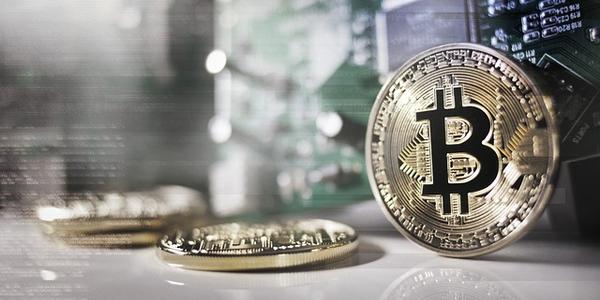The Proliferation of Cybercrime
In a disturbing trend, North Korean hackers have been linked to more than half of the value of cryptocurrency stolen in 2024. The Lazarus Group, infamous for their notorious cyber heists, are prime suspects in some of the most significant Web3 thefts, including the $600 million Ronin network hack.
South Korea Imposes Sanctions
In a recent development, South Korea has imposed sanctions against 15 North Korean IT organization members and one related group. The sanctioned agents have allegedly procured funds for North Korea’s nuclear missile development program and the DPRK’s Munitions Industry Department through "overseas foreign currency-earning activities," according to a December 26 news release by South Korea’s Ministry of Foreign Affairs.
Sanctioned Individuals
The sanctioned individuals include:
- Kim Cheol-min, a member of the 313th General Bureau, who allegedly earned a "large amount of foreign currency" by working undercover for United States and Canadian companies before delivering the funds to Pyongyang’s nuclear weapons program.
- Kim Ryu Song, another sanctioned worker, was indicted by US lawmakers on December 11 for violating sanctions, money laundering, and identity theft in generating more than $88 million of revenue over six years.
Crypto Hacking Incidents
North Korea-affiliated hackers have become a major threat to the security of the crypto space. According to Chainalysis data, North Korean hackers stole over $1.34 billion worth of digital assets across 47 incidents in 2024, marking a 102% increase from the $660 million stolen in 2023.
Crypto Hacking Statistics
- The $1.34 billion represents over 61% of the total crypto value stolen during 2024 and more than 20% of the total hacking incidents.
- Despite an overall decrease in the total number of attacks, sophisticated attacks by North Korean agents are increasing.
Sophisticated Attacks on the Rise
Chainalysis noted that while the total number of attacks decreased, attacks between $50 and $100 million, and those above $100 million, occurred far more frequently in 2024 than they did in 2023. This suggests that the DPRK is improving its hacking methods, allowing it to conduct more lucrative exploits.
Attack Frequency
- The time between successful DPRK attacks has decreased, indicating a more efficient and effective hacking strategy.
- In contrast, DPRK’s exploits in 2022 often resulted in profits of less than $50 million.
Implications for the Crypto Space
The increasing sophistication and frequency of North Korean hacking incidents pose significant challenges to the crypto space. The need for robust security measures and cooperation between governments and industry players is crucial to mitigating these risks.
Security Measures
- Implementing advanced threat detection systems
- Enhancing cybersecurity protocols and procedures
- Conducting regular security audits and vulnerability assessments
Conclusion
The persistence of North Korean hackers highlights the need for vigilance and cooperation in addressing cybercrime threats. As the crypto space continues to grow, it is essential to prioritize security measures and work together to combat these risks.
References:
- "South Korea Imposes Sanctions on 15 North Korean IT Organization Members" (Dec 26)
- Chainalysis data: "$1.34 billion worth of digital assets stolen by North Korean hackers in 2024"
- "Cyvers launches institutional crypto security tool for $4B vulnerability"
External Links:











